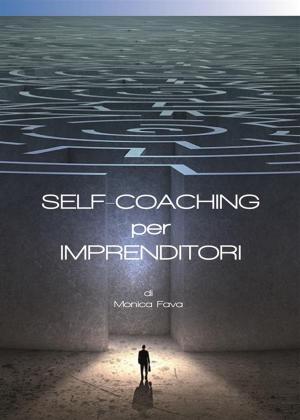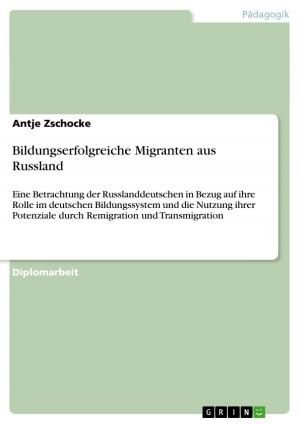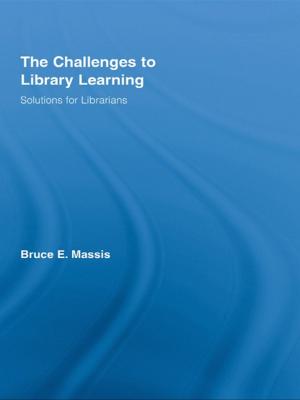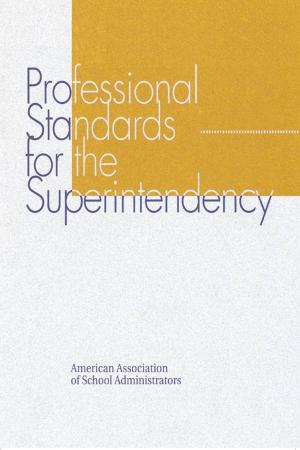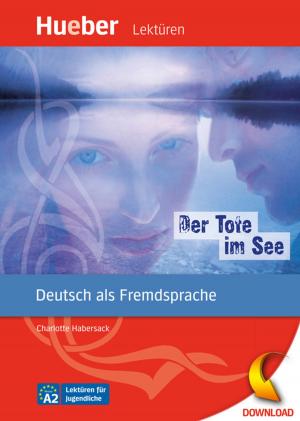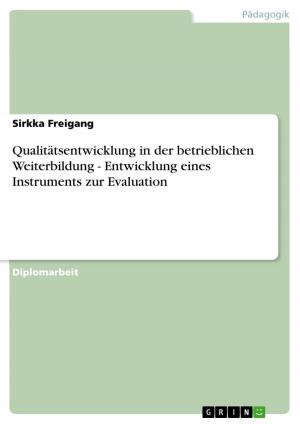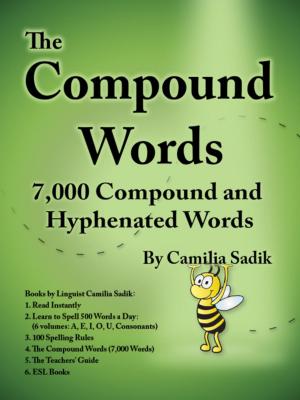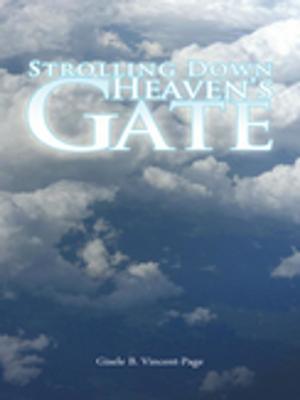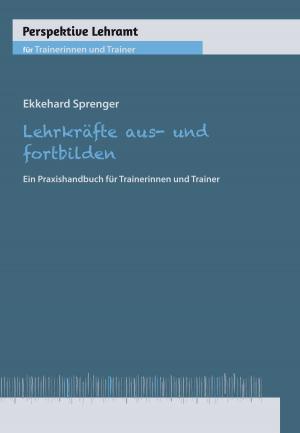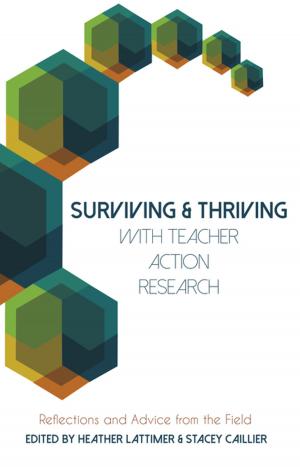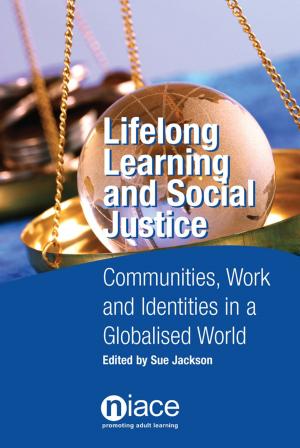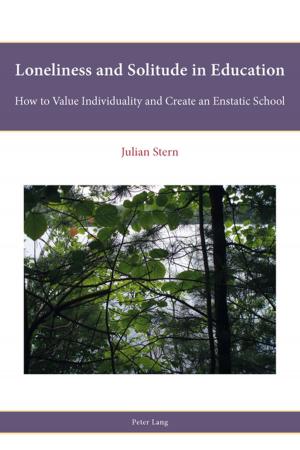Making and Using Machinima in the Language Classroom
Nonfiction, Reference & Language, Education & Teaching, Educational Theory, Curricula, Adult & Continuing Education| Author: | Christel Schneider, Carol Rainbow | ISBN: | 9781311904034 |
| Publisher: | Christel Schneider | Publication: | June 26, 2014 |
| Imprint: | Smashwords Edition | Language: | English |
| Author: | Christel Schneider, Carol Rainbow |
| ISBN: | 9781311904034 |
| Publisher: | Christel Schneider |
| Publication: | June 26, 2014 |
| Imprint: | Smashwords Edition |
| Language: | English |
Many language learning situations in the classroom lack visualisation, there is not always the resource you need for an ad hoc grammar point or other illustration, therefore being able to create a video, quickly, easily and cost effectively when needed is a really useful skill for the teacher and learners to know. Teachers could illustrate their lesson focussing on a specific story, grammar point or other topics of interest whereas learners could use such videos to demonstrate knowledge and understanding or as evidence of achievement.
Creating and using machinima in the language classroom is a guide to encourage teachers and learners to create videos in virtual worlds (machinima) for enhancing language lessons.
Although the book is not specifically about learning or teaching in virtual worlds it does help and gives instructions for the reader to access and be able to use Second Life for the purpose of machinima making.
There are some very good reasons to make machinima:
· They are fun.
· They are cheap.
· Students can produce them by themselves.
· Avatars can do the impossible.
· Creators have ownership.
This book is written for teachers, teacher trainers and learners of all subjects, with a special focus on language learning. You do not have to have experience of Second Life® to make machinima though it would help. Learners however may have experience in other games such as Minecraft™ and perfectly good machinima can be made in those too.
Part one of the book shows a range of machinima created in various genres to demonstrate what can be achieved. Part two teaches people how to make machinima in a virtual world such as Second Life. It starts with generating an idea and leads the readers through to completion and publication of their machinima. The book includes some case studies, a scheme of work and some lesson plans to help teachers see how machinima may be incorporated into their curriculum. The pedagogical underpinnings are dealt with, see the sample for details. There is a chapter dealing with challenges and offering solutions, and a further chapter addresses a number of issues such as copyright, licensing, permissions and similar. There are a number of suggestions for developing scripts and scenarios, and a whole set of hints and tips.
More advanced techniques for filming are covered and there are a number of example of ready-made machinima along with ideas for use in the classroom. Resources such as free editing software, free sound effects and background music are shared.
Whether using Minecraft ™, Second Life ® , World of Warcraft or Assassin’s Creed, the techniques of machinima making are the same.
Many language learning situations in the classroom lack visualisation, there is not always the resource you need for an ad hoc grammar point or other illustration, therefore being able to create a video, quickly, easily and cost effectively when needed is a really useful skill for the teacher and learners to know. Teachers could illustrate their lesson focussing on a specific story, grammar point or other topics of interest whereas learners could use such videos to demonstrate knowledge and understanding or as evidence of achievement.
Creating and using machinima in the language classroom is a guide to encourage teachers and learners to create videos in virtual worlds (machinima) for enhancing language lessons.
Although the book is not specifically about learning or teaching in virtual worlds it does help and gives instructions for the reader to access and be able to use Second Life for the purpose of machinima making.
There are some very good reasons to make machinima:
· They are fun.
· They are cheap.
· Students can produce them by themselves.
· Avatars can do the impossible.
· Creators have ownership.
This book is written for teachers, teacher trainers and learners of all subjects, with a special focus on language learning. You do not have to have experience of Second Life® to make machinima though it would help. Learners however may have experience in other games such as Minecraft™ and perfectly good machinima can be made in those too.
Part one of the book shows a range of machinima created in various genres to demonstrate what can be achieved. Part two teaches people how to make machinima in a virtual world such as Second Life. It starts with generating an idea and leads the readers through to completion and publication of their machinima. The book includes some case studies, a scheme of work and some lesson plans to help teachers see how machinima may be incorporated into their curriculum. The pedagogical underpinnings are dealt with, see the sample for details. There is a chapter dealing with challenges and offering solutions, and a further chapter addresses a number of issues such as copyright, licensing, permissions and similar. There are a number of suggestions for developing scripts and scenarios, and a whole set of hints and tips.
More advanced techniques for filming are covered and there are a number of example of ready-made machinima along with ideas for use in the classroom. Resources such as free editing software, free sound effects and background music are shared.
Whether using Minecraft ™, Second Life ® , World of Warcraft or Assassin’s Creed, the techniques of machinima making are the same.

